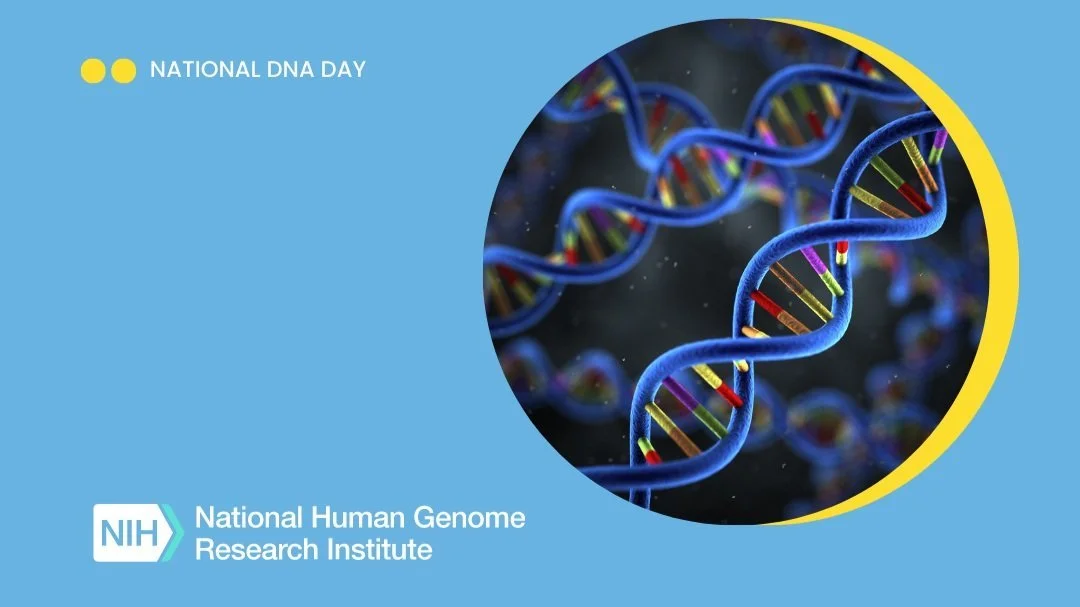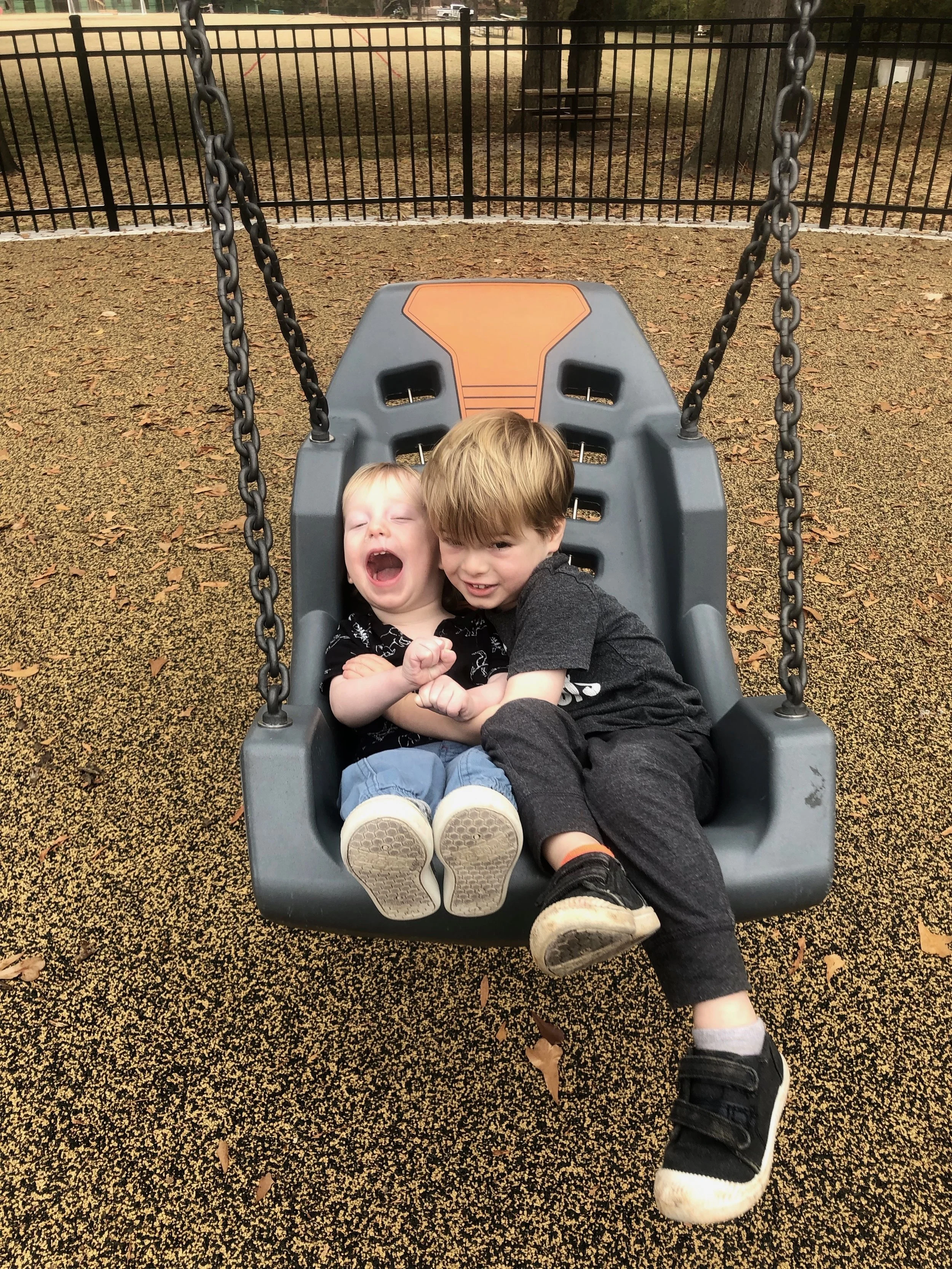Read about the ways doctors diagnose Autoimmune Hemolytic Anemia (AIHA) and some common symptoms.
Read MoreMost commonly asked questions about AIHA answered
Read MoreThe National Human Genome Research Institute (NHGRI) is a leader in the celebration of National DNA Day. Learn more about their mission and purpose.
Read MoreANGEL AID supports rare families and offers relief services to caregivers through sustainable health and wellness training, transformative retreats, and a globally connective mother-to-mother network.
Read MoreThis article lists some of the ways that doctors treat Autoimmune Hemolytic Anemia, as well as some of the potential side effects.
Read MoreAside from celebrating Rare Disease Day, February also marks Black History Month, a time dedicated to honoring the inspiring accomplishments and sacrifices of African Americans throughout US history. We take this opportunity to highlight three influential Black Women, who have made extraordinary contributions to the health sciences.
Read MoreThe Cure Mito Foundation is a volunteer-run foundation dedicated to advancing education and research for Leigh syndrome and mitochondrial disease.
Read MoreA recent study, involving children of ages 12 and older with PA or MMA, found an interesting approach in assessing individuals’ abilities to understand, think, and reason.
Read MoreLaura shares her story of living with MS and ITP, a rare disease that affects the number of platelets in the blood. Learn more about her perspective on life, her day-to-day activities, and her experience in joining a clinical study.
Read MoreJoan shares her experience of living with ITP, a rare disease that affects the number of platelets in the blood. Learn more about her worries and the useful advice that she offers to the Know Rare community.
Read MoreThe holiday season is just around the corner, and for many, this time brings joy and connection; however, if you are navigating the diagnosis of a rare disease, the holidays can be stressful and challenging. Here are our five ways to protect your emotional health during the busy holiday season.
Read MoreHere’s a rare mom’s reflection on the innocent curiosity of her well child and the questions about disability that she must learn to answer.
Read MoreFor over 25 years, the United Mitochondrial Disease Foundation (UMDF) has worked to promote research and education for the diagnosis, treatment and cure of mitochondrial disorder while supporting affected individuals and families.
When what you see up ahead feels way too enormous and scary to manage by yourself, it can leave you feeling lonely and vulnerable. There can be a lot of trial and error involved before you finally find the one who finally hears you and tells you those words you long to hear…
Read MoreIf you’re like Lynn Nezin, you’re ready to battle for your child, especially if they have to suddenly go to the hospital for something either related or not related to their rare disease. Lynn’s son, Casey, was born with Glycogen Storage Disease Type 1A, also known as Von Gierke’s Disease. Here is what Lynn has learned…
Read MoreHow should parents of children experiencing meltdowns deal with clueless and judgmental onlookers? What are the best methods to alleviate motion sickness when your child might already be on a cocktail of drugs? Traveling Different answers these and many other questions parents may have when traveling with their children.
Read MoreI can clearly remember the day we finally received his diagnosis. It was 2019, and my son was 14 years old. We had already been treating seizures and developmental delay for years. However, I was not prepared for the actual diagnosis.
Read MoreThis episode of the DNA Today podcast discusses how propionic and methylmalonic acidemia affect the body, the goal of HemoShear’s investigation therapy (HST5040) that is currently in development, mindfulness and coping with a diagnosis, and why the FDA tends to fast-track therapies that target orphan/rare diseases.
Read MoreThe Propionic Acidemia Foundation is a 501(c)3 non-profit organization dedicated to finding improved treatments and a cure for Propionic Acidemia by funding research and providing information and support to families and medical professionals.
Read MoreHello everyone. I am 35 years old and I have Propionic Acidemia (PA). Life with PA is not always easy. I was diagnosed late, which caused me to have a stroke at a very young age. After years of needing a wheelchair and walker, I made a somewhat normal recovery.
Read More



















